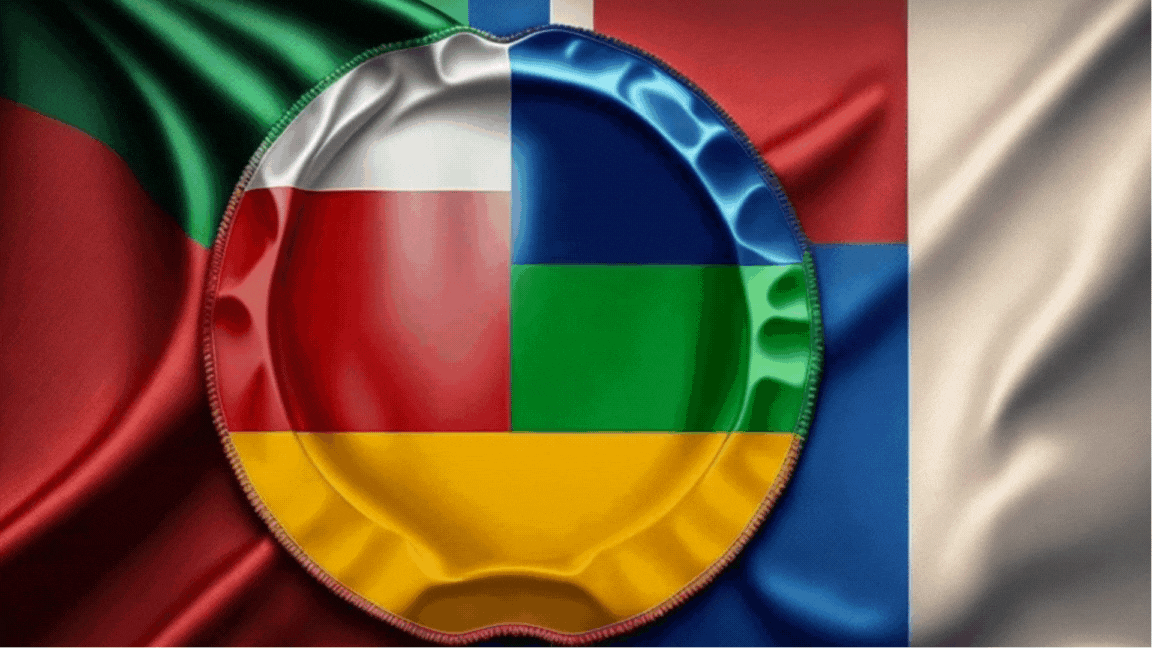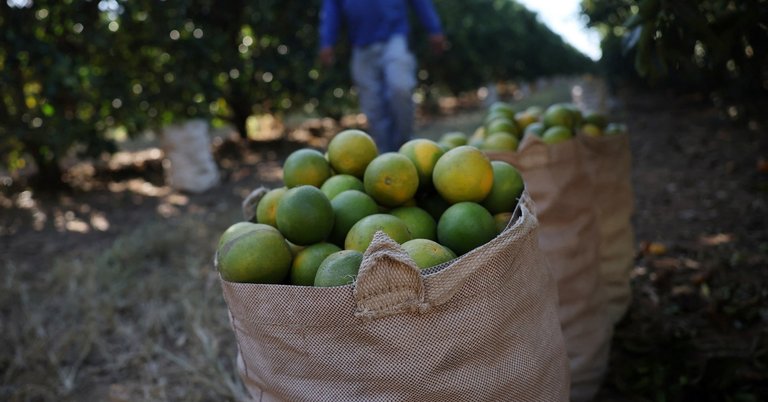The Latin American Report # 549

In the continuation of the Bolsonaro saga, the always controversial judge Alexandre de Moraes, in charge of the coup plot case against the former president, ultimately did not activate an arrest warrant against him after denouncing an apparent breach of the precautionary measures imposed this week. Donald Trump's blatant interference sparked more fire in the already tense judicial brouhaha, logically leading de Moraes to accuse the Bolsonaros of colluding with Washington to pressure the judicial authority to dismiss the case.
Among the fresh precautionary measures imposed by the justice, there is a ban on Bolsonaro using social media, a nighttime curfew, and the placement of an ankle monitor. The latest clash occurred when, after the imposition of these measures, Bolsonaro gave an interview that was, of course, widely shared on social media. In this sense, de Moraes has chosen to view it as an isolated incident, with no record of other violations, but has threatened to enforce its orders with a preventive arrest warrant if he reoffends.
🇧🇷 #Brazil's former president Jair #Bolsonaro appeared on camera for the first time wearing the electronic ankle monitor placed on his left foot, a condition of his ongoing legal proceedings. pic.twitter.com/LcRt3ypIjR
— FRANCE 24 English (@France24_en) July 22, 2025
The judge clarified that he did not prohibit the ultraconservative leader from giving interviews or speeches, but he will not allow these events to be "instrumentalized" by "digital militias," which according to him are made up of people previously prosecuted or identified as disinformation agents. The issue of the truthfulness of information shared on social media is one of the classic issues in de Moraes’ judicial work, especially concerning sensitive moments like electoral processes. This has led him to confront not only mid- and high-ranking figures in the Bolsonaro camp but also platforms like Elon Musk's X, which has been financially penalized for refusing to comply with various court orders in the recent past.
The social media ban against Bolsonaro explicitly says he cannot use it, either directly or indirectly, including through third parties. But how this, indirectly, doesn’t amount to a de facto ban on giving interviews or speeches is not very clear. Does sharing the link to the interview or a video equal "instrumentalizing" the interview? How could the Supreme Court discern that any sharing is part of a sort of "information operation"? After all, every interview, from its conception, is an information operation meant to shed "light" on a fact or topic, either against or in favor of the interviewee, with very specific motives, whether from the media outlet, the owner, the journalist, the interviewee, and other actors.
I don’t think it was really in the plans of Brazil's highest judicial body to imprison Bolsonaro preventively, especially now when the entire country, with its three branches of government, faces the unprecedented demand from the White House to dismiss the case, under threat that the 50% tariffs on Brazilian products in the United States, already scheduled for August 1, would take effect.
According to Reuters, the South American giant’s citrus belt is on red alert. Factories are slowing production, and there’s even talk of letting the products rot. "You are not going to spend money to harvest and not have anyone to sell to," said to the British news agency a grower from the state of Minas Gerais.
Meanwhile, a bit more than four out of every ten liters of orange juice that Brazil exports goes to the U.S. market, which represents half of all U.S. consumption; this month, the price of oranges was valued at half what it was a year ago. Indeed, the largest economy in Latin America is the world's top exporter of orange juice, putting eight out of every ten liters sold globally on the market. If enacted, Trump’s tariffs could amount to an increase of just over 530% on the current duty per ton of juice, which is currently set at $415.
 Source
Source